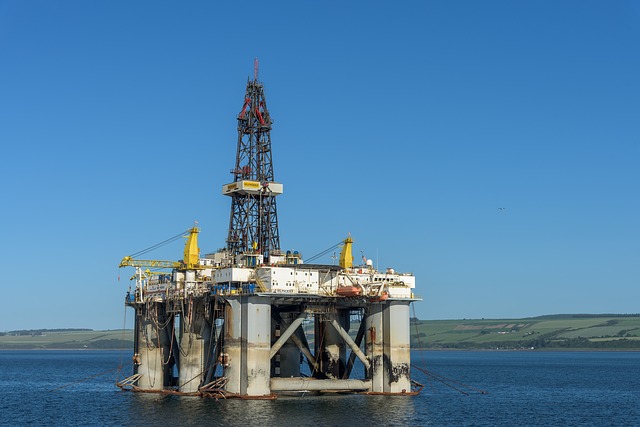The 4 Most Dangerous Jobs at Sea for a Jones Act Attorney
The sea has always been a place of adventure, mystery and danger. Across cultures and histories, the sea is known as both a source of food and life as well as a largely unknown world. Prior to modern times and our advanced knowledge of the world we live in, the open sea represented a boundless plane and a gateway to undiscovered people and places.
Today, the ocean has lost some of its allure. After all, we now know exactly where those waters lead and we’ve run out of islands and land to discover. However, there have never been more jobs at sea available for those who find themselves drawn towards it. As with all other industries and workplaces, working at sea is now much safer than it once was. However, accidents still happen and some jobs are certainly more dangerous than others.
The range of jobs available at sea has increased dramatically over the last few decades as technology has evolved. While safety standards have also improved significantly due to the Jones Act, there are still some jobs that are more dangerous than others. Here are some of the most common dangerous jobs at sea according to a Jones Act lawyer, that are still proving popular among workers.
Maintenance and Construction
This is where the majority of the work-related accidents and injuries at sea occur when presented to Jones Act lawyers. This isn’t that shocking, especially when you consider that maintenance and construction is also a relatively dangerous job when on land. On an oil rig, there is even more room for accidents to occur during construction and maintenance than there normally is, that is why the Jones Act is so important.
Deck Operations
After the maintenance and construction jobs that a Jones Act lawyer deals with, the next most dangerous arena is deck operations. The US occupational safety and health body, OSHA, has noted that while the number of injuries and fatalities associated with deck operations has been dropping, there are still lots of incidents every year where people could be very seriously injured that are reported to the Jones Law Agency.
Oil Rig Workers
The life of an oil rig worker is a mysterious and fascinating one from afar. Most people have their own idea of what the life of an oil rig worker involves. These perceptions come from the portrayals of oil rig workers that we regularly see in films and television, albeit highly inaccurate ones.
Jones Law and safety standards on oil rigs have improved significantly over the years and workers today are much safer than they once were. Since the introduction of the Jones Act, workers who have been injured during the course of their work have been able to contact a Jones Act attorney and sue for compensation.
Ship Breaking
According to the Jones Act, when a ship has finished its service and is retired, it is broken down into scrap. This material can then either be recycled and used to build new ships, or it can be repurposed and melted down to be used elsewhere. The US has a large and thriving ship breaking industry, with nations like Pakistan and India undertaking a growing share.
Working at sea is nowhere near as dangerous as it once was. However, there are still a number of Jones Act related jobs at sea that are relatively dangerous, and accidents do occur. The jobs above are among the most dangerous that exist today.

